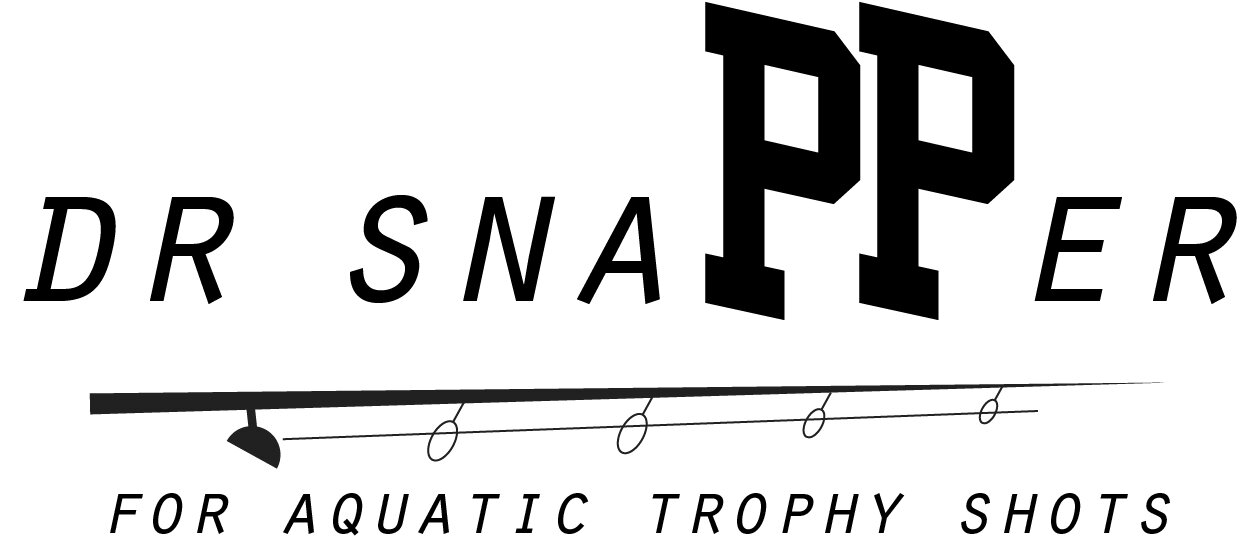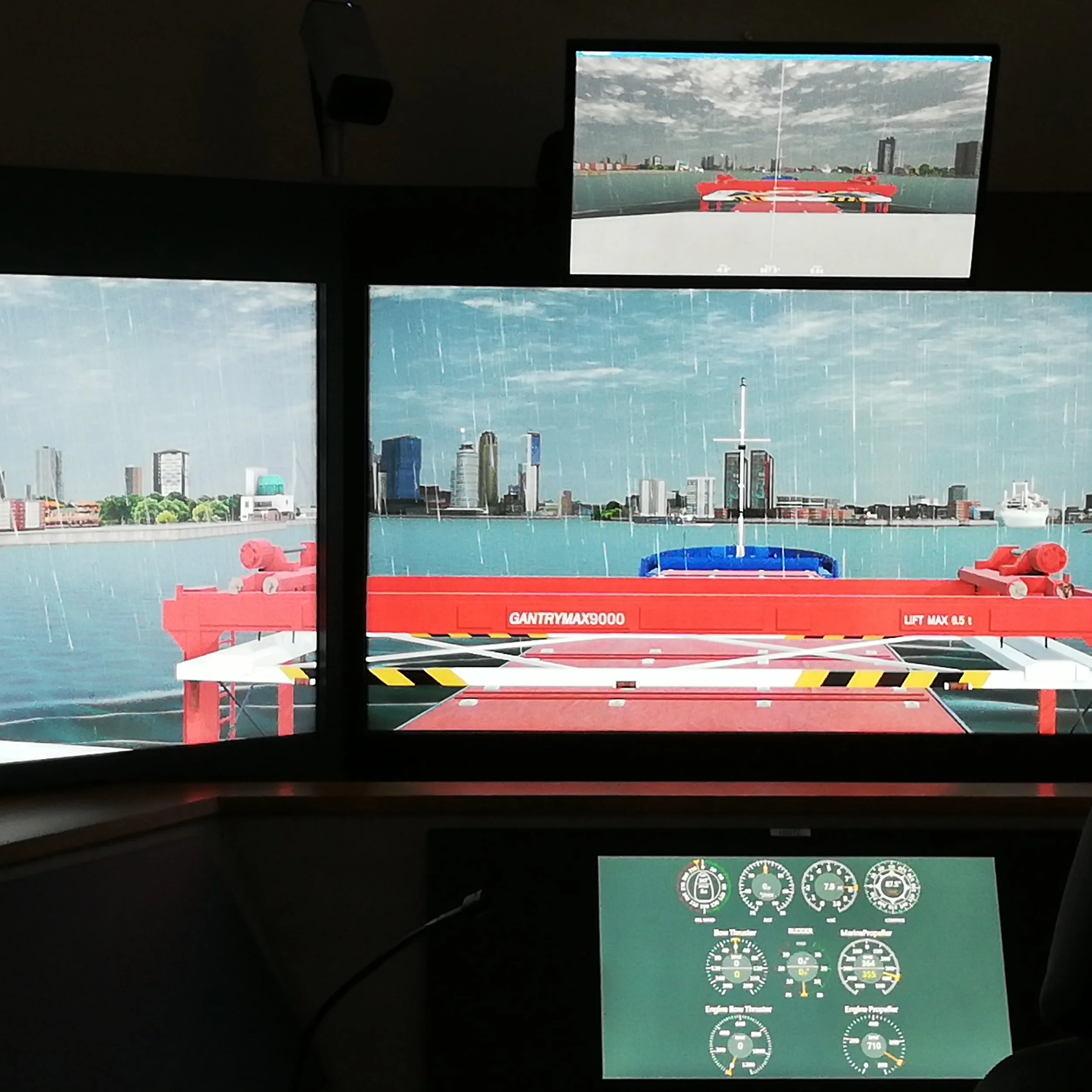Maritime hackathon in The Netherlands
Last week, I was thinking up some ideas to pitch at the maritime hackathon in Urk, The Netherlands. I have signed up for the challenge: Data on-board - how does the future fisher navigate a sea of data? It feeds in with the work I presented last year at the World Fisheries Congress: “Catching Data: an integrated platform for science-industry collaboration on vessel-based data collection, analysis, and application”. Previous hackathons with open data have been a great succes. For example, the Open Sea lab from EMODnet. So fingers crossed that some of the ideas turn into real gamechangers.
The opportunities of fishing vessels are huge to provide valuable data that create win-wins for the sector as well as other stakeholders, including science and the wider society by improving the transparency of sustainable operations. Examples are the vessels of opportunities in Australia. There are already some up-and-coming enterprises that enrich and visualize (aggregated) data and enhance prediction tools (such as efice and weforsea) and platforms (such as iliad and djustconnect.be to name a couple). However, the market may not be ready yet and competing business interests may hamper visionary progress and large-scale, harmonised implementation and uptake. Having a data standard such as the poseidat format is a perfect departure point facilitating trans-national uptake. So far the challenge is to find a viable business model that makes ends meet and provides an incentive for fishers to keep on logging, sharing within safe boundaries safeguarding their genuine business interests and trade secrets, and adding sensors and instruments to their quiver. Improvements of catching efficiency as decision-support tools and transparent fishing with high quality and real-time data exposing and sharing operational information for a better market price (see examples from Norwegian’s pelagic industry) are possible. But exact revenue margins remain blurry at the moment, causing hesitation to invest. From fishers for fishers is the key motto. A low-hanging fruit are weather data from on-board weather stations. Every larger vessel has a sophisticated unit given its importance in monitoring when and where it is good and safe to steam and fish. These data can be shared with weather forecasting services to improve weather predictions and will eventually make shipping and fishing a safer industry.

